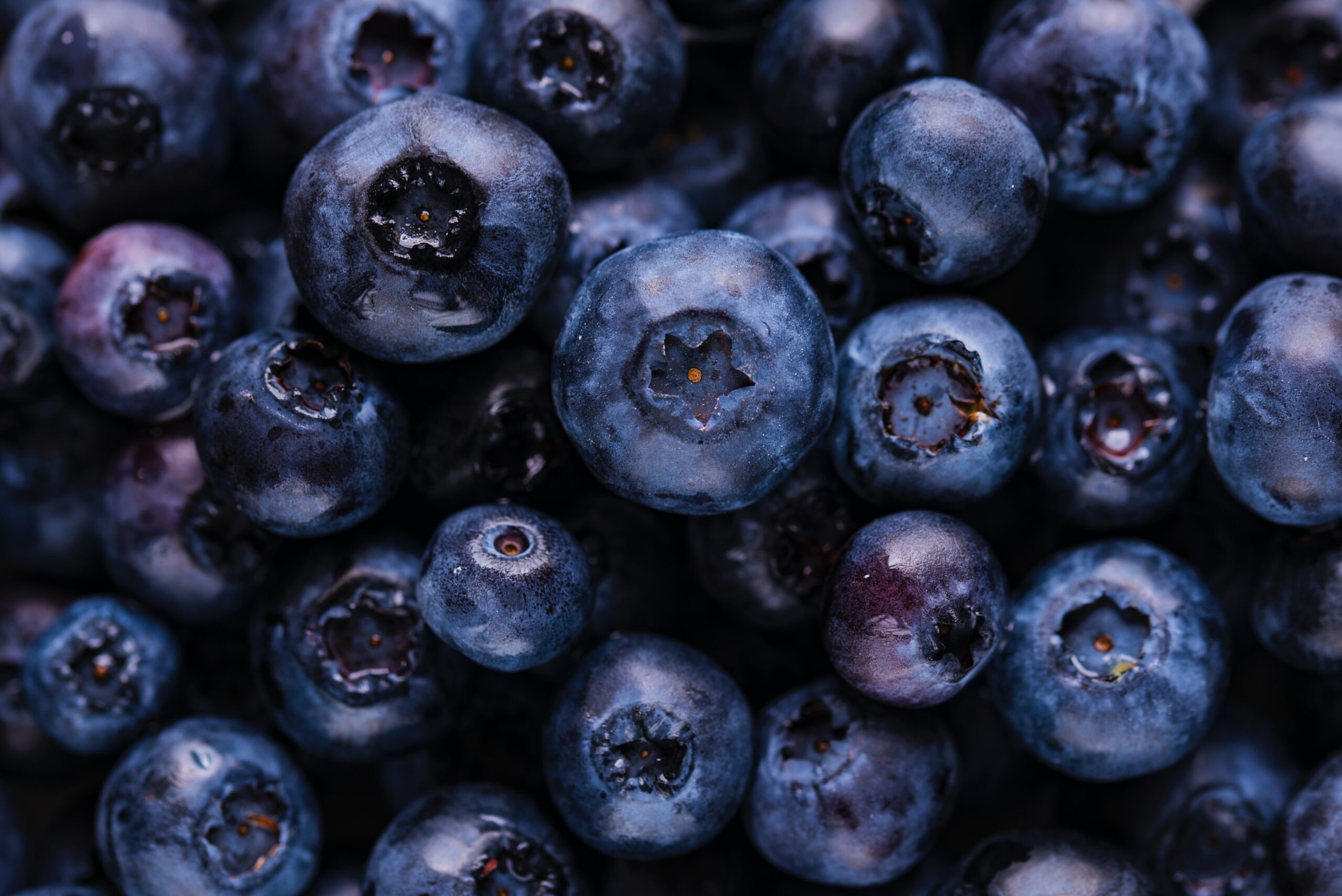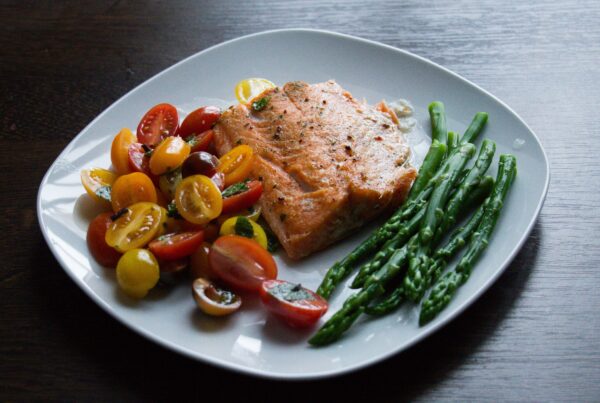When we understand how to care for our gut, we can feel the benefits!
From a functional nutrition perspective, everything starts in the gut and what it can do with the foods we eat. There are billions of microorganisms living in our gut that have a beneficial relationship with us. We feed them and they “feed” us. But this relationship can become non-beneficial, if the microorganisms and their environment gets unbalanced, compromising digestion amongst other things, while a healthy gut will get the best out of the foods we eat.
Highly processed foods like refined sugars, oils and meat, most packaged foods, artificial sweeteners, and alcohol can unbalance the gut environment, making it favorable for some of the microorganisms living in our digestive tract to overgrow or die, leading to a dysfunctional (inefficient) gut, when it comes to digesting and absorbing what we eat. By gut I mean digestion from top to bottom, but more specifically our intestines, where our immune system is very active. Vegetables, whole grains and fermented foods, on the other hand, can help to keep the environment in check. Fermented foods like sauerkraut and yogurt contain living bacteria and are called probiotics foods, which means “foods in favor of living organisms”.
The Microbiome
This whole environment and its organisms is called microbiome and it plays a huge role in our mood and immunity. That’s because our gut and brain are connected by an important nerve called vagus nerve and by receptors through our digestive tract, where they are both signaling to each other how we are feeling, and what we are lacking. For example, some food cravings and mood swings can be related to the population of certain microbes and their communication with the brain, or perhaps to the lack of a nutrient that microbes are sensing. Our immunity is at risk also when there’s an unhealthy microbiome, since our gut is part of our immunological barrier, making us more or less resilient to viruses and bacteria we ingest every day.
And because the breakdown of the foods we eat is done with the help of microbes, the condition of the gut compromises or enables nutrient absorption and, consequently, all the goodies to get into our bloodstream to feed our cells.
It’s important to remember that everyone’s gut is different, depending on what we’ve been exposed to throughout life, that’s why what works for you may not work for me. But as a rule of thumb, our microbiome thrives on diversity, prebiotics (fiber, fruits, vegetables, wholes foods) and probiotics (fermented foods like sauerkraut and yogurt) foods, and the relationships between them are a way to regulate their environment. It’s a complex subject that has a lot to be discovered, but its importance is well known.
Exercise itself is positive for gut and brain health, but when exercising hard and consistently, it’s even more important to care for our nutrition, going for what’s soothing and nutritious and avoiding what doesn’t work for you. It’s crucial to support the digestion itself and the load on the digestive system, which is breaking down and absorbing nutrients as we exercise and our body goes through adaptations.
WHAT CAN YOU DO?
It’s never too late to start caring for your gut, you can start it by including the probiotics foods to your diet. Even a small portion everyday can go a long way, specially if it’s consistent. Also, you can watch for the highly processed foods you consume, like refined sugar, that sneaks in breads, sauces, canned foods. Practice reading the nutrition facts label and ingredients on the back of packages, to know where the sugar you eat is coming from. In addition to that, try to go for products that choose clean sources of sugar as ingredients, like honey and coconut sugar. And keep it up!
Want more?
https://www.hsph.harvard.edu/nutritionsource/microbiome/




Good write-up. I definitely appreciate this website. Continue the good work!
You need to take part in a contest for one of the highest quality websites on the web. I am going to highly recommend this site!